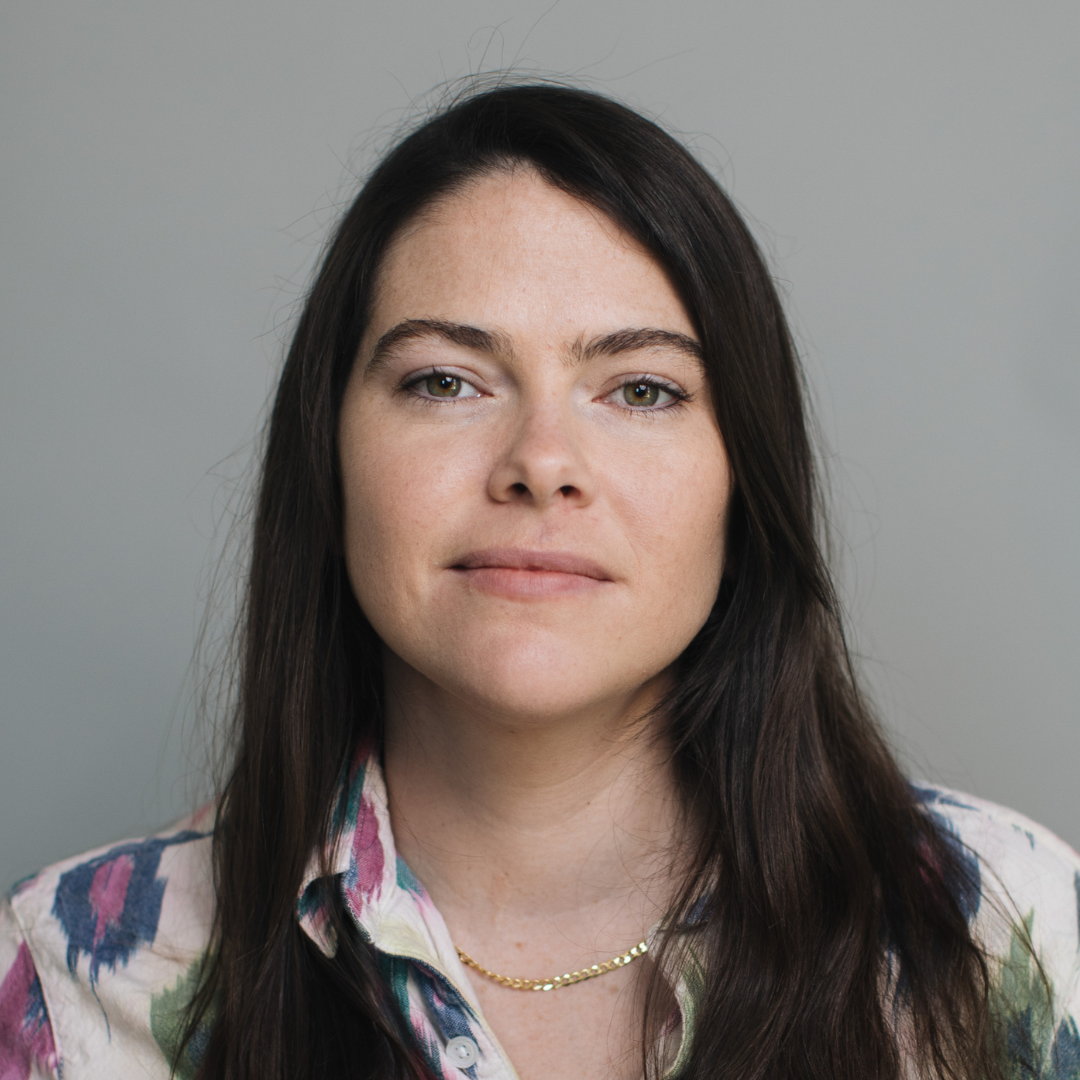
Personal background often informs career choices, and many go into the public health field with a desire to do what they can to change the circumstances that led to their own experiences. As someone who witnessed the detrimental impacts of class disparity, Lindsey Moak sought a Master of Public Health degree at the Tulane University School of Public Health and Tropical Medicine, and her participation in the Pincus Family Foundation Violence Prevention Scholarship program supported her in that effort.
Lindsey is from McComb, MS and has a strong connection to the South. While she lived in Chicago for 10 years, where she worked at a homeless shelter, she knew that she wanted to relocate back here. She settled in New Orleans and obtained an undergraduate degree in sociology from the University of New Orleans.
She has always been drawn to think, write, and talk about violence and inequity, especially as those relate to economic circumstances. “I realized that not having access to the most basic resources in society is violent and that leads to negative health and social outcomes,” she said. “High rates of concentrated poverty and alienation leads to acts of violence.”
As such, Lindsey is interested in structural violence, and through that lens, she is examining ways to prevent child abuse and gun violence with her MPH degree. “Public health is a complex field. It forces us to think differently and recognize nuance in our work,” she said.
The Pincus Scholar program combined with her coursework and practicum gave Lindsey the well-rounded experience for which she had hoped. “The Pincus program kept me connected to mentors and peers, held me accountable, supported me in working toward my goals with intention, and helped me recognize our position in this work,” she said. “I also gained communication and writing skills and a toolbox for working in difficult situations, which built upon my coursework in behavior change theories and structural determinants of health and the practical skills of research and statistical software.”
Lindsey completed her field practicum with New Orleans Family Justice Center. “That connected me with people who have been doing community violence prevention work for many years,” she said. “I was able to work within the community with organizers and made a lot of connections helpful to my future in New Orleans.”
Her primary focus with NOFJC was in community outreach and education at charter schools. “We talked to kids about bullying and how to find a trusted adult to talk to when they needed that,” she said. “Also, we helped them understand their mental health, being safe online, and what a healthy relationship looks like.”
Confidence is one of the biggest gifts Lindsey has gained from her time as a Pincus Scholar and at Tulane. “Because I came from a different background, I had a little bit of imposter syndrome. My advisor always encouraged me that I was qualified and had something to offer to this work,” she said. “Being helpful and encouraging to my peers and as a mentor is something I’m paying forward. You have to believe in yourself and believe in other people.”
Lindsey will continue her violence prevention work as a Program Manager for the Center for Youth Equity in the Violence Prevention Institute at Tulane. She will be working on a hospital-initiated research program to study and reduce community gun violence. “I want to see that through. I think we are building something important with many community partners around New Orleans, and I am looking forward to seeing what we can do,” she said.
Lindsey is a member of the first graduating cohort of the Pincus Family Foundation Violence Prevention Scholarship, an interdisciplinary, two-year scholarship program embedded within Tulane’s MPH program and the Violence Prevention Institute (VPI). Through unique experiential learning activities and a field practicum with a partner organization, scholars develop a specialized skill set to effectively collaborate with communities to prevent violence and promote health and well-being.
